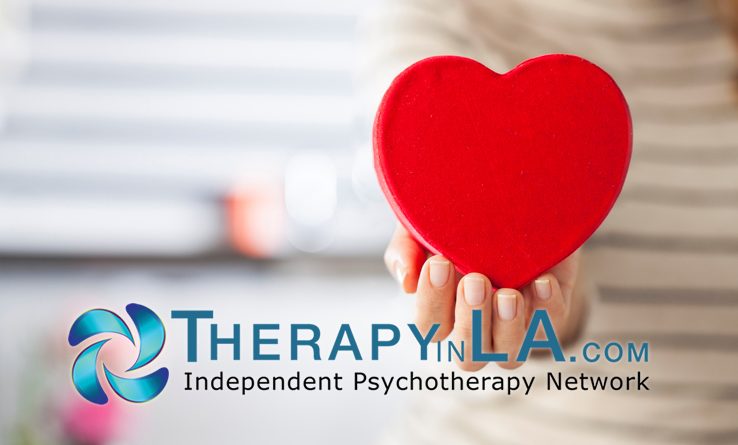Does Lowering Depression Improve Cardiac Health?
Does Lowering Depression Improve Cardiac Health?
How can we improve the outcome of medical treatment for disease? More specifically, if a patient has an acute coronary condition can lowering his levels of depression result in better health?
While earlier research was not conclusive, more recent results indicate yes: reducing depression does significantly improve the outcome of treatment for acute heart disease (https://jamanetwork.com). In this particular study, 300 patients followed for an average of 8 years had a better outcome when they were also treated with Lexapro (an anti-depressant medication in the category of selective serotonin reuptake inhibitors – SSRI). All these patients, average age of 60 (119 of them women), were identified as experiencing depression, a not uncommon issue for many cardiac patients.
As a Ph.D. clinical psychologist (not an MD or psychiatrist), a logical question follows: What about treatment for depression that is not medication-based? Effective psychotherapies have been demonstrated for depression, such as cognitive-behavioral therapy or short-term, solution focused psychodynamic therapy. While less immediately effective perhaps than medication alone, such treatments have been demonstrated to have beneficial effects roughly equivalent to medication over a longer timeframe, without the possible side effects of medications. Psychotherapy also helps a patient develop coping skills and lifestyle changes that can sustain a person for years to come, without the need for ongoing use of medication in many instances. In some studies, a combined approach of medication and psychotherapy has been shown most effective, which would allow a patient to reduce or eliminate the anti-depressant medication at some point.
Such coping skills and lifestyle changes are beneficial in dealing with other challenges we all face, other than depression. Overall, isn’t less medication a preferable option? Skilled psychotherapy with an experienced therapist can help a patient pursue this option.
Dr. Alan M. Solomon is a clinical psychologist in private practice in Torrance, CA. A member of the Independent Psychotherapy Network, he can be reached at 310 539-2772 or dralanms@gmail.com.
Copyright 2018 by Alan M. Solomon, Ph.D.

